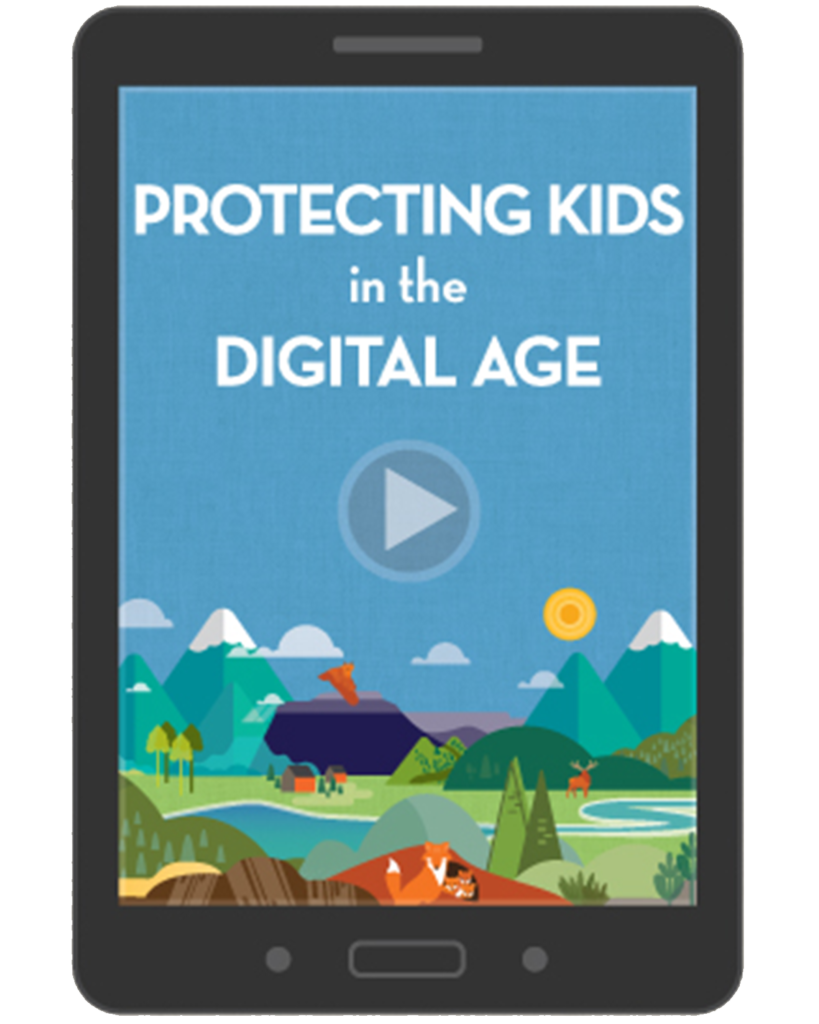Protecting our Digital Kids
Opinion | Rosen

Around 2010, therapists and counselors in high schools and college campuses around the country started to see upward trends in depression and anxiety in our youth. Teen suicide rates have also increased. These disturbing trends seemingly coincide with the availability and usage of online platforms and media. So, might the trends in increased mental health problems and use of social media be merely coincidental, or are they related?
A recent study of approximately 500,000 U.S. high school and college students alerted our communities that adolescents who spend more time on smart phones and other screens may be at higher risk for depression and suicidal thoughts. While conducted with students in eighth grade and higher, it’s believed the findings can be applied for younger children too.
Information regarding each teen’s digital, social media and television usage, plus homework, sports/exercise, religious activities and face-to-face socialization hours per week was gathered. The analysis shows a clear association between time spent on social media with depression and suicidal-related behavior for both girls and boys, with girls being at higher risk, meaning they were most likely to increase their odds of depression the more time they were online. What is currently not clear is if the actual minutes or hours on social media is detrimental in and of itself, or is it the exposure to specific content like bullying or rejection that is associated with depression and suicide?
With smartphones, tablets and laptops a basic part of everyday life, what should parents do? Putting restrictions on daily screen time (more on that later) may reduce risk for some teens, but for some others, social media may be a safe way to connect to other teens with similar interests that are not readily available close by.
Although excessive screen time does appear to be a risk factor, this is only half of the story. The study also found that activities that do not involve social media or television were associated with a decreased risk of depressive symptoms. In professional parlance, these are called “protective factors.”
Protective factors include face-to-face interaction and activities (team sports, clubs, hanging out with friends), religious beliefs, exercise and (sorry, kids) hours spent doing homework. The importance of constructive family engagement as a protective factor cannot be understated including meaningful time together, consistent discipline and managing marital and other discord in the home.
Regular family dinners and engaging in conversation (without cellphone interruption) is a powerful start. Spending time with your children to better understand the content of their screen time and setting rules for social media and television time (and sticking to those rules consistently) could protect them from some negative effects. A helpful guide to develop and track your family media plan is available at HealthyChildren.org in both English and Spanish.
Looking more closely at our children’s social media use we must keep in mind that we, as the parents, are our offspring’s primary role models. Are we preoccupied with our smartphones? Do we turn them off during dinner or family time? Do we allow online media to interfere with family interaction?
It is not an overstatement to say that understanding and working toward achieving protective factors in family life can literally make a life-or-death difference. Consistently modeling digital behavior, monitoring the media content your children access, balancing online and off-line activities and positive family engagement can reduce the risks of depression and suicidal thoughts. It’s not easy but it’s a small price to pay for our kids’ lives in the world we live in today.
Jules Rosen M.D. is chief medical officer of Mind Springs Health and West Springs Hospital, and clinical professor of psychiatry at the University of Colorado School of Medicine. He has authored over 75 peer-reviewed articles and has been awarded “Educator of the Year”, “Top Doctor in U.S.” and American Psychiatric Association “Lifetime Fellow.” Dr. Rosen is available to meet with communities to further discuss important topics and can be reached at JRosen@MindSpringsHealth.org